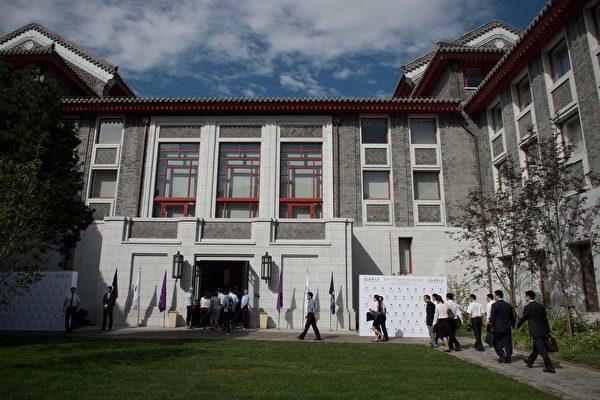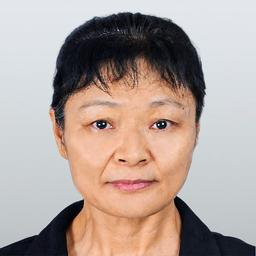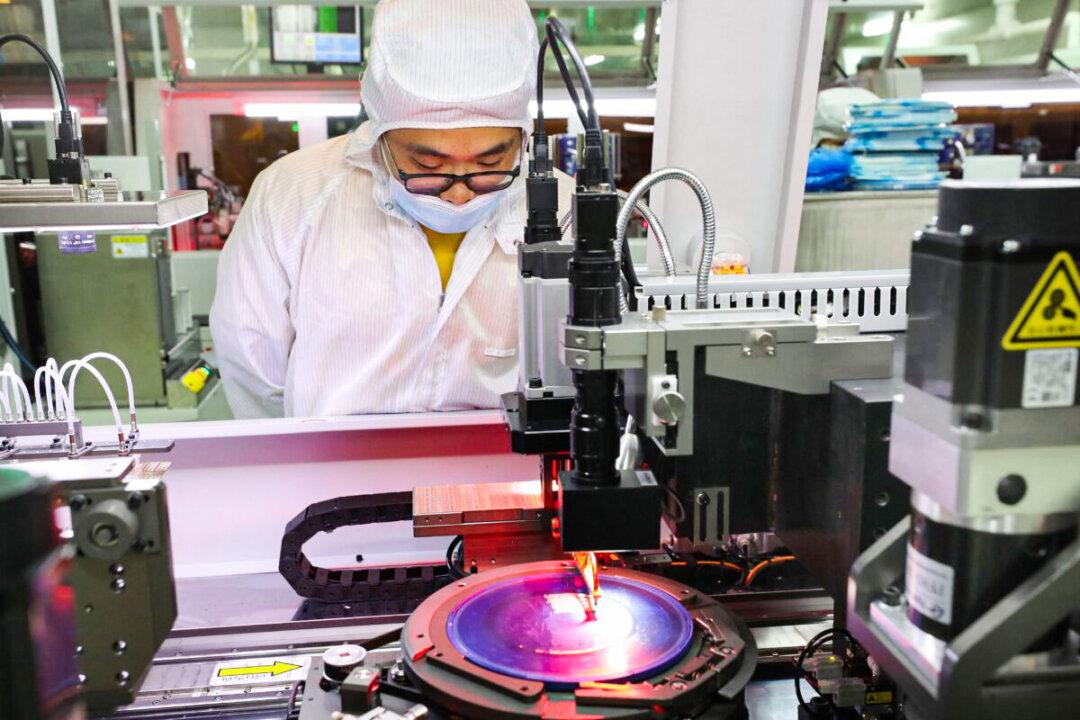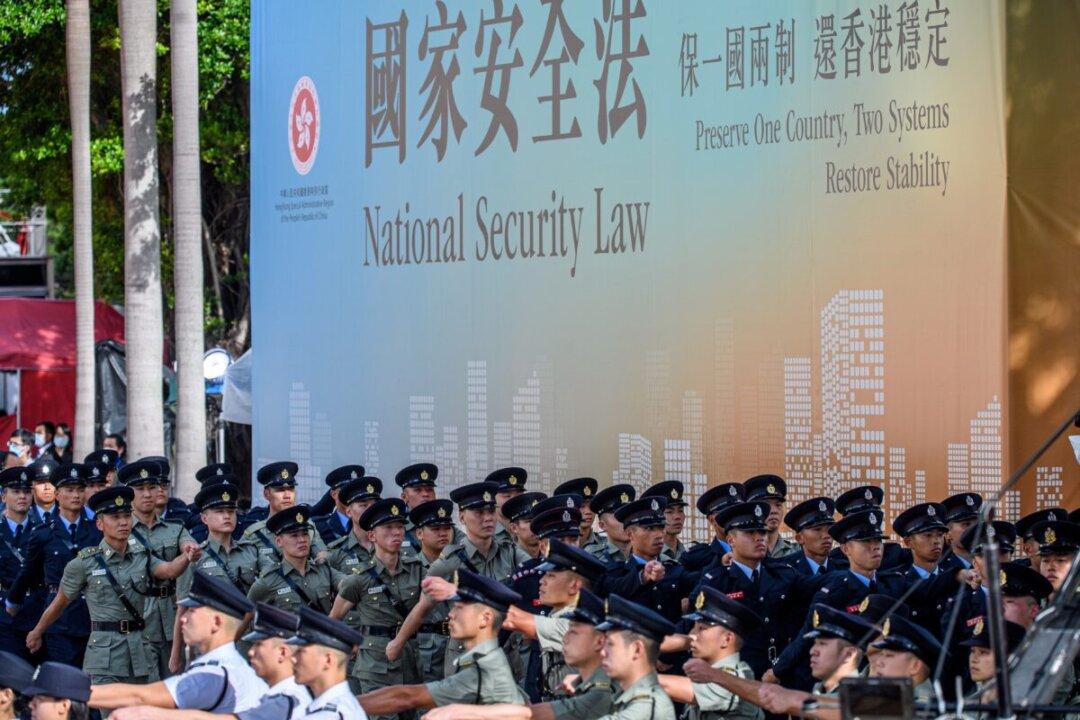The biggest challenge the Chinese communist regime faces is its relationship with the United States, said economist Xue Lan, dean of Tsinghua University’s Schwarzman College in Beijing.
Chinese Leadership’s Biggest Challenge Is US Relationship, Says Tsinghua Economist

The main entrance of the Schwarzman College of Tsinghua University in Beijing on Sept. 10, 2016. Nicolas Asfouri/AFP
|Updated:




